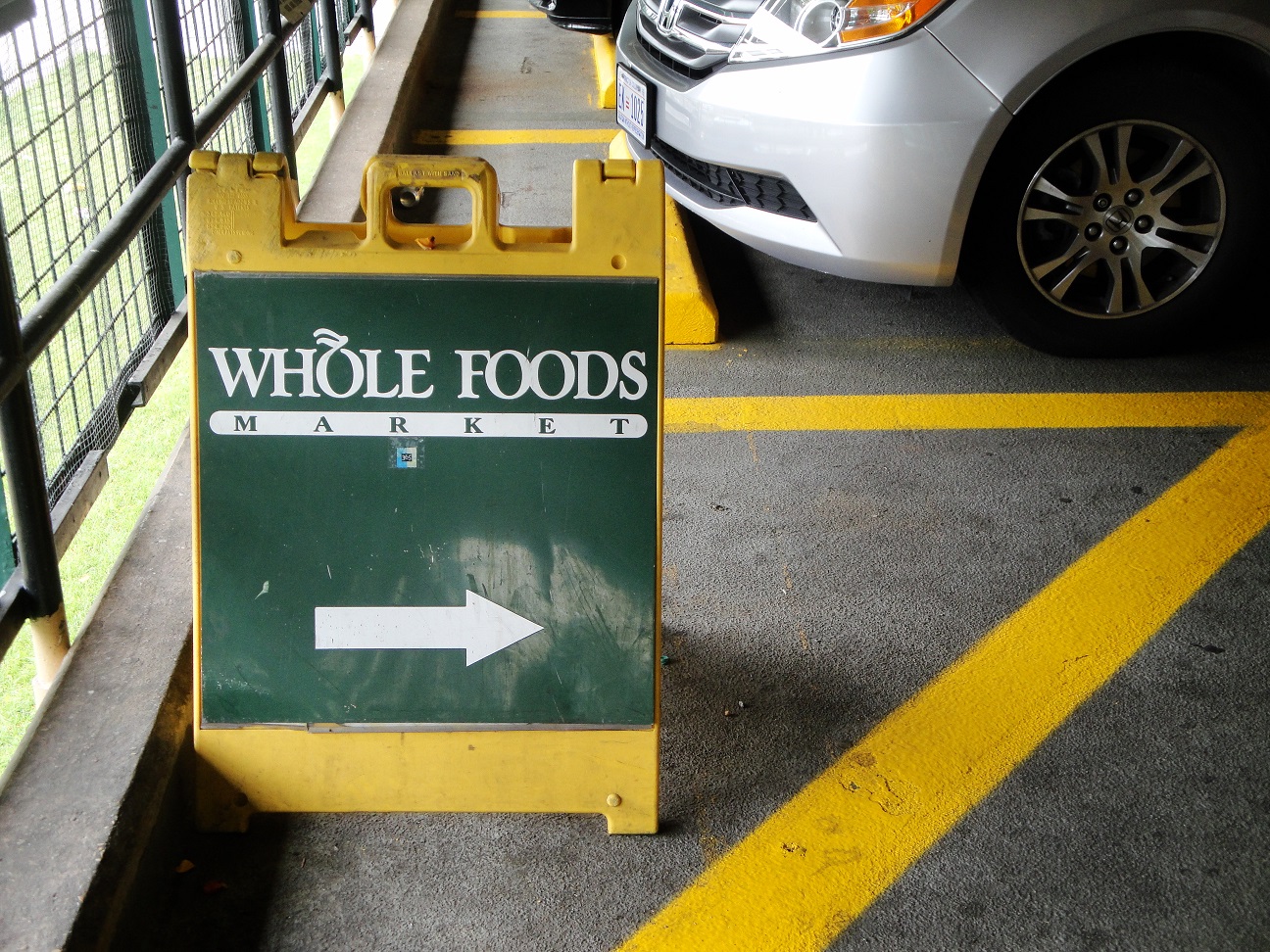Sensing the “Oomph”: Human and Nonhuman Bodies in Craft Cider-Making.

The tasting room is full of the heady smell of fermented apples and alcohol, and the sound of good-natured conversation and laughter. The tasters, who are in various states of inebriation having been drinking now for a good couple of hours, are huddled around worn wooden tables upon which sit multiple plastic cups filled with amber liquid of varying levels and hues. Marking sheets, with scribbled notes denoting flavours, balance, and sweetness, litter the table and, after taking a mouthful from their cups, each taster marks a number on the matrix – giving the cider they have just drank a definitive mark out of ten against key pre-defined characteristics. This is the judging room of a U.K. regional cider festival…
